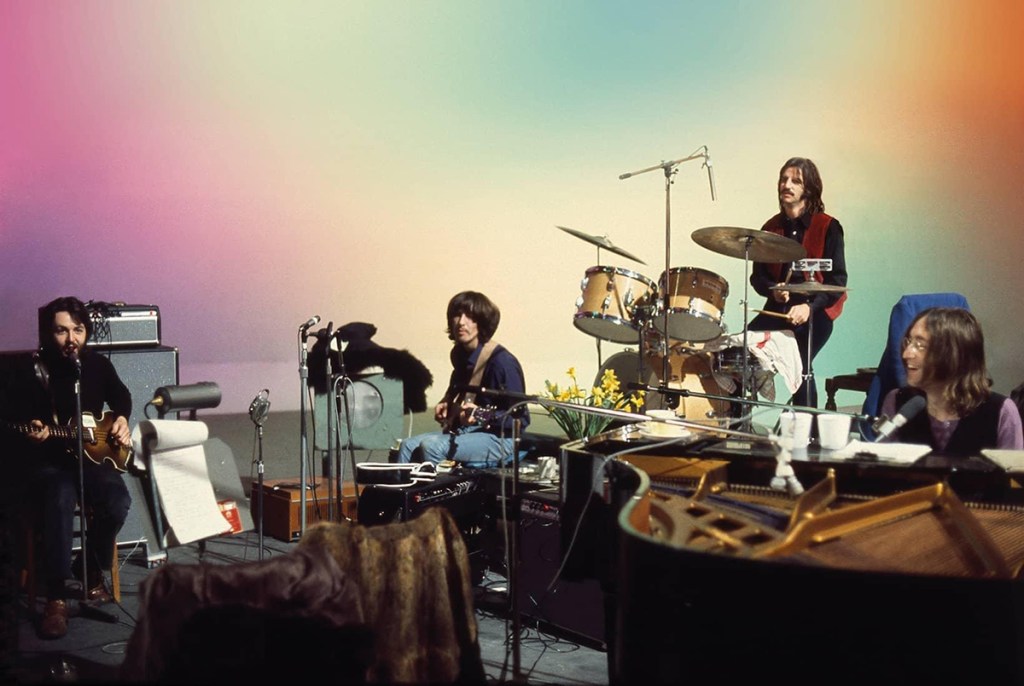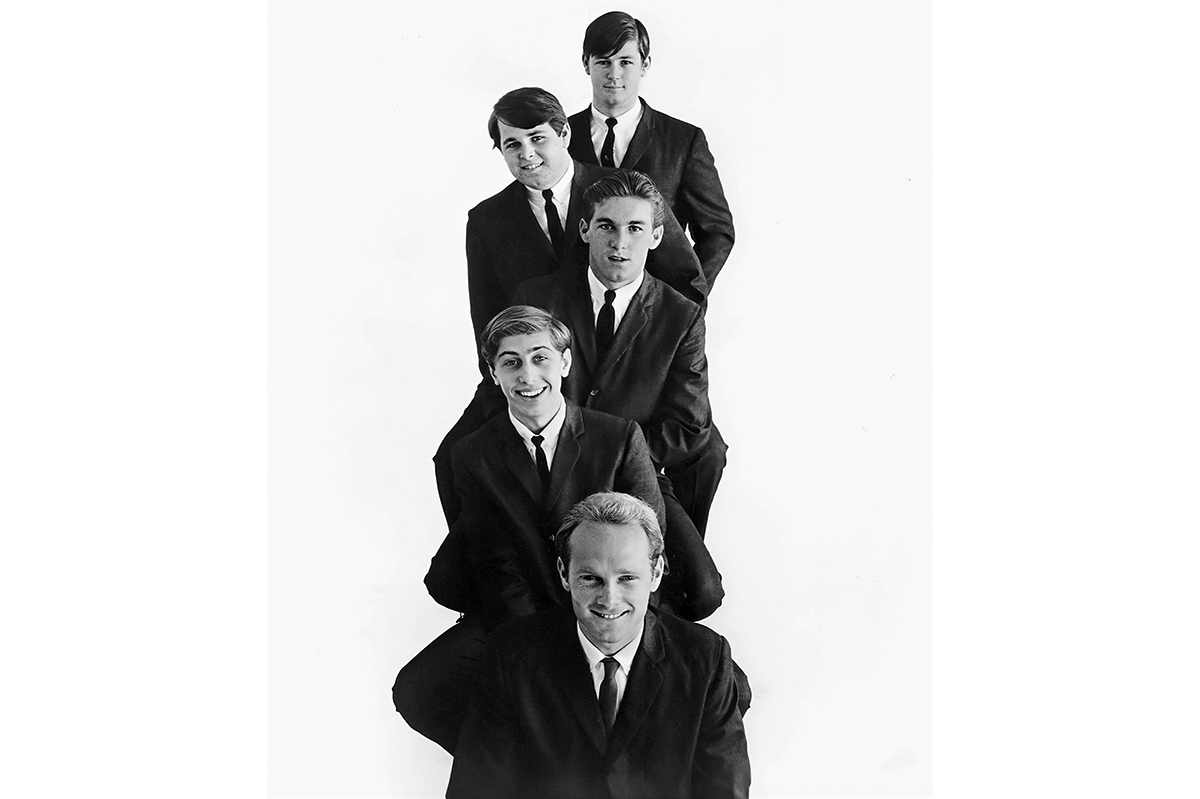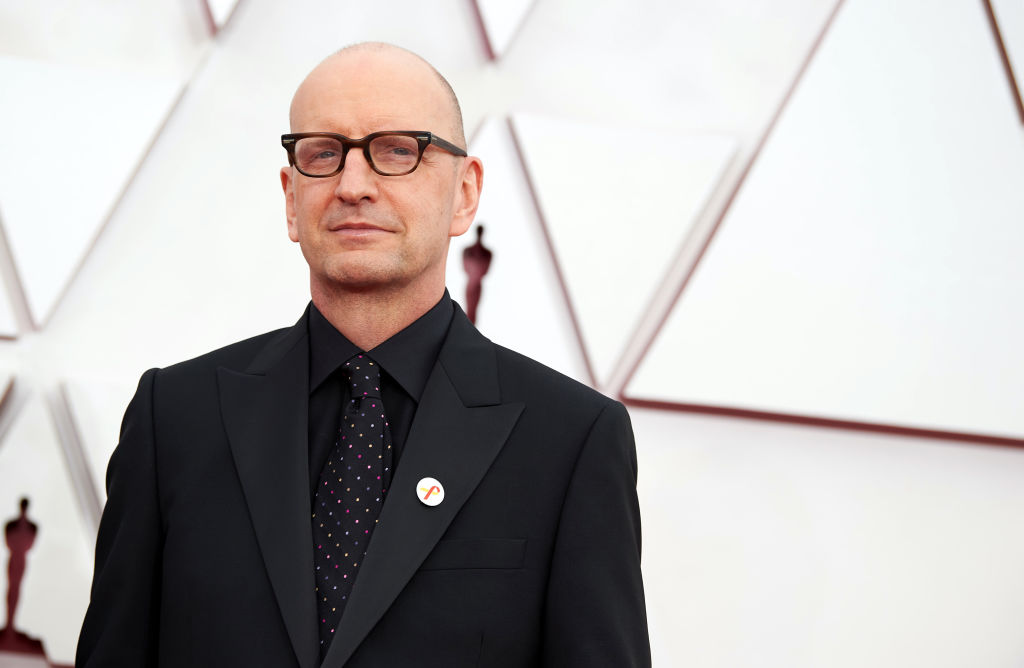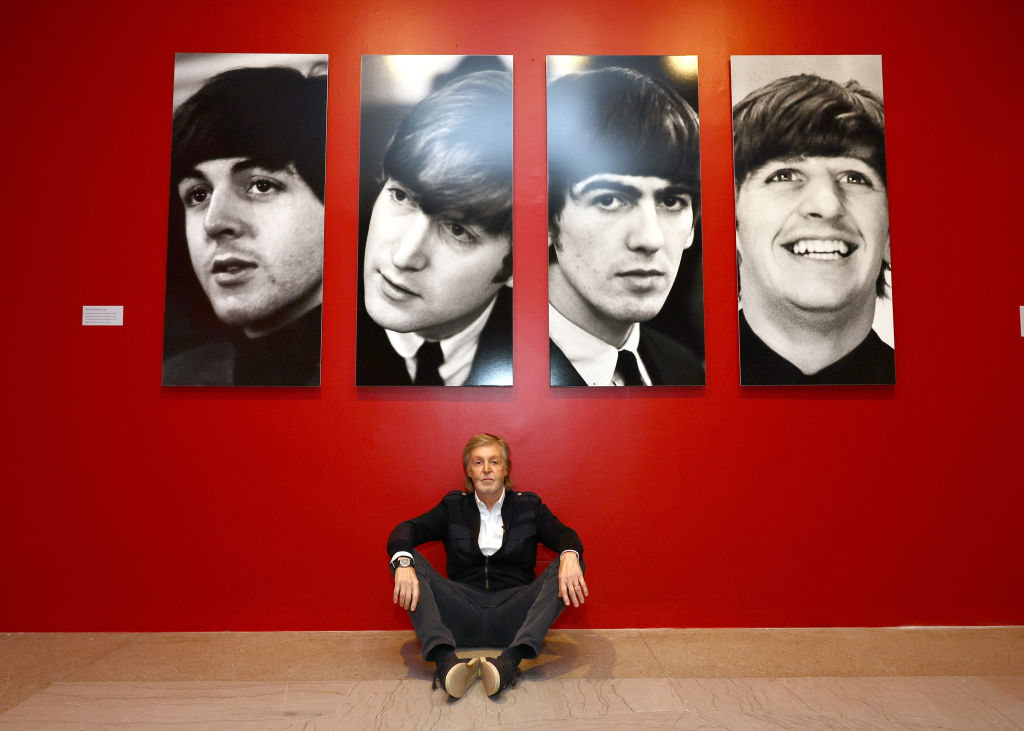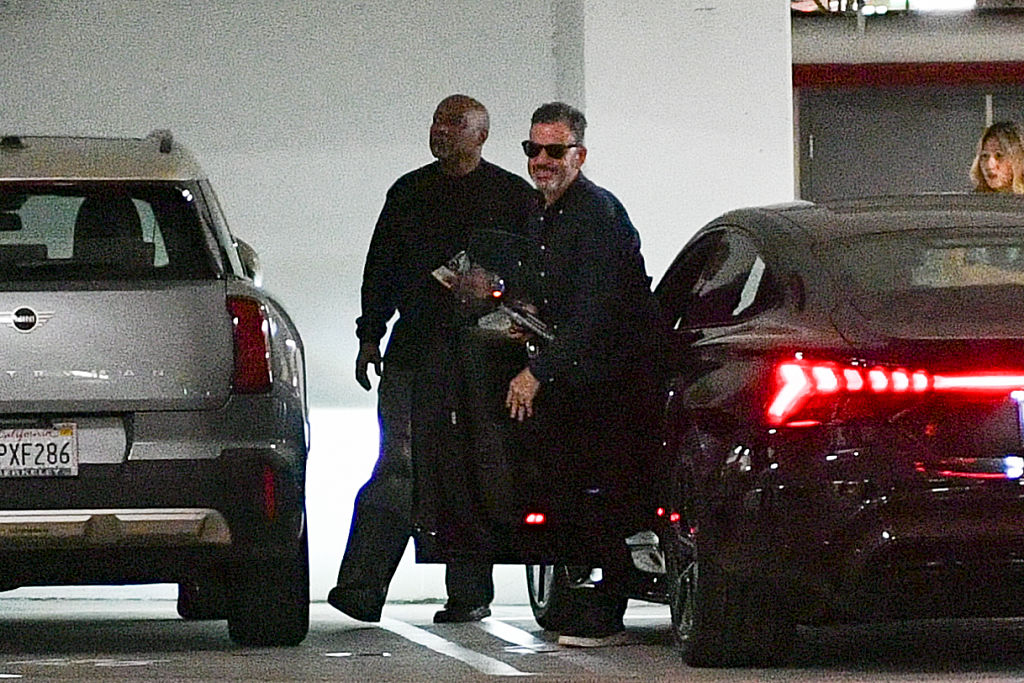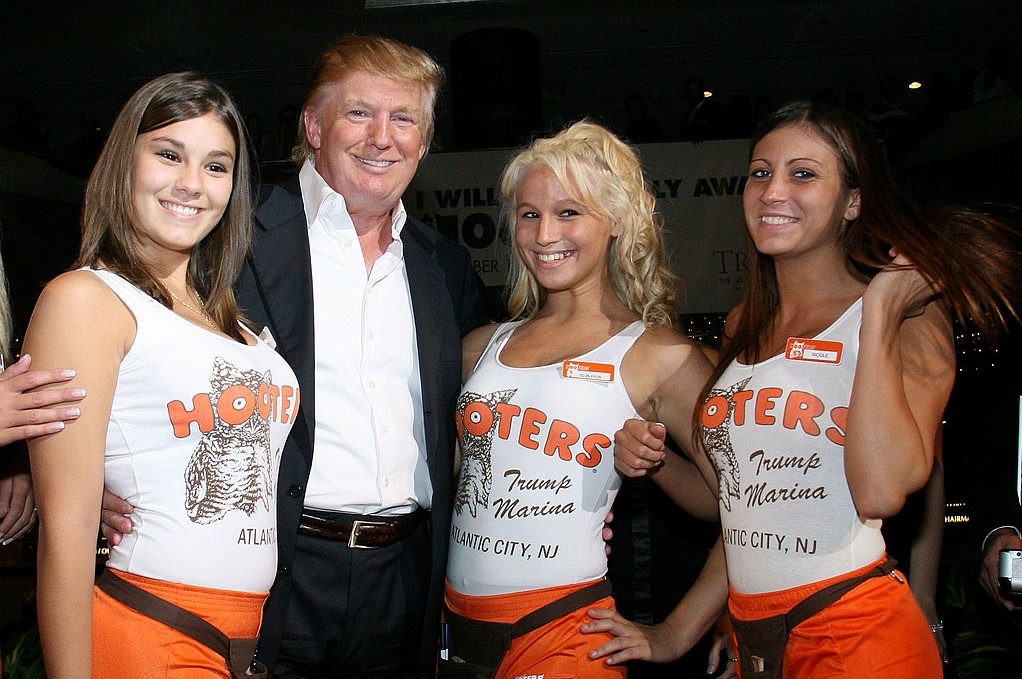My late friend Alexander Nekrassov loathed the Beatles, which I used to think was a wantonly contrary position akin to hating kittens or blue skies or Christmas carols. What could there possibly be not to like, love and admire about the band that gave us “Eleanor Rigby,” “A Day In the Life” and “Strawberry Fields Forever?”
Since then I’ve encountered so many Beatles skeptics that it has given me pause for thought. Some think that the Beatles were just mediocre and not nearly as talented as, say, the Kinks; some even claim that they were as manufactured as the Monkees, that like their bad-guy opposites the Stones they were a creation of the Tavistock Institute, designed to divide society and suborn the youth with drugs and the newly coined concept of “teenagers.”
It doesn’t really matter where you stand. The Beatles were a phenomenon and The Beatles: Get Back is more mesmerizingly watchable than six hours of musicians noodling around over two weeks’ rehearsal for a really-not-that-good album has any right to be.
Producer Peter Jackson (Lord of the Rings) whittled it down from sixty hours of unseen footage filmed by director Michael Lindsay-Hogg in 1969 for a critically panned movie released the following year called Let It Be. Jackson has said of all this extraordinary material: “I just can’t believe it exists.” And he’s right. I doubt there will ever be a more remarkable and illuminating pop documentary.
What’s amazing is its intimacy. Here they are, the world’s most famous ever pop group, and you’re there, in among them, half-choking on Lennon’s chain-smoked cigarettes, turning your nose up at the plates of unappetizing rolls brought in periodically by roadies, and eavesdropping on every bon mot, every reminiscence about the glory days in Hamburg, every hint that the boys have had enough and they’re all about to go their separate ways.
“Let It Be” was the Beatles’ break-up record, their twelfth and final studio album, and these were their divorce sessions. All the clues are there: the relentlessly silent presence of Yoko Ono, lurking so constantly close to John’s shoulder that she’s like his Philip Pullman-style daemon; sweet, away-with-the-fairies George who has invited along a couple of Hare Krishnas to decorate the studio; Paul — “I’m scared of me being the boss” — hating to have to play the role of the authoritarian who has to instill some discipline and purpose in his flaky colleagues; Ringo sitting patiently and agreeably being Ringo.
The music isn’t much to speak of. In fact, if this were the only evidence you had of their repertoire, you’d think they were rubbish. Some of it is weird, sick kitsch: “Piggies”; “Maxwell’s Silver Hammer”; some of it is not-very-inspiring old R&B covers; occasionally someone will almost hit the spot — George Harrison comes in one day with a pleasant song he’s written overnight called “I Me Mine” — but mostly, it’s painfully clear, they are all played out and desperately short of inspiration.
Producer George Martin paces in the background with his slicked-back hair, crisp white shirt and tie, probably thinking about silk purses and sow’s ears. Loyal, beaming roadie/PA/factotum Mal Evans (subsequently shot and killed, aged forty, when LA police mistook his air rifle for a proper one) loves playing the hammer percussion.
It’s much more interesting sociologically than musically. Lindsay-Hogg, for example, the American-educated Irish baronet with his bizarre posh transatlantic accent, his mid-calf leather boots and his fat cigars which he looks far too young to be smoking: his sense of ease, or perhaps chutzpah, is at once beguiling and bemusing. Many of his ideas are just absurd — at one point he suggests the Beatles should play in the main gallery of the House of Commons so he can film them as they are forcibly ejected by the police. What he really wants, though, is for them to play amid some Roman ruins in Tripoli. The band all take this in their stride, deferring, albeit half-mockingly, to his patrician authority.
You end up liking them as people much more. Well, I did anyway. Instead of pampered egos, you meet frayed late-twentysomethings who have had too much too young and can’t really cope. “Ever since Mr Epstein passed way it’s never been the same,” says George (how much more formal and polite people were back then). Paul says, only half joking: “Lennon’s late again. I’m thinking of getting rid of him.” Lennon, whom I’d always considered the catty, cruel one, comes across as the most intelligent and talented. Yoko may have been the scapegoat but the writing was already on the wall: the band had nothing left to say.
This article was originally published in The Spectator’s UK magazine. Subscribe to the World edition here.



